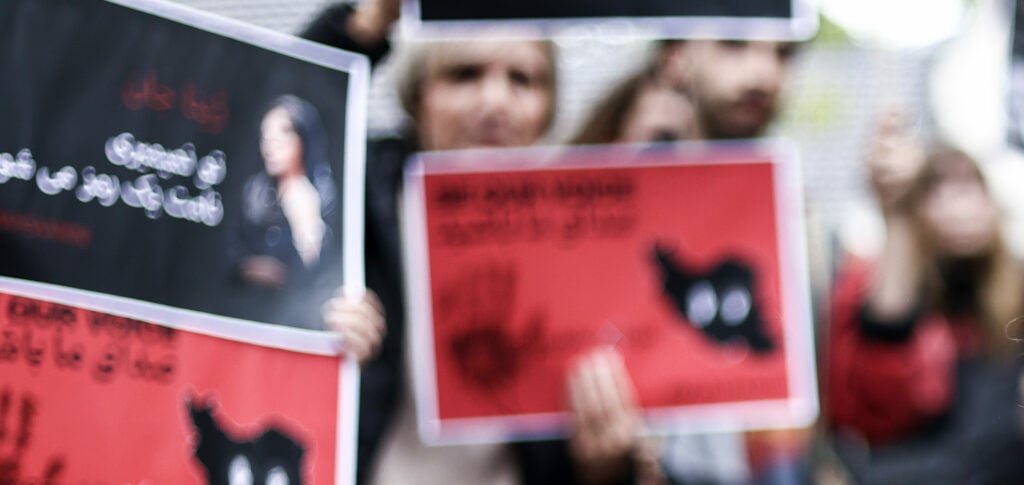The first two executions related to the demonstration movement in the country, that of Mohsen Shekari, on December 8, and that of Majidreza Rahnavard, on December 12, both aged 23, provoked protests and new Western sanctions, especially because Rahnavard was hanged in public, not in prison.
ADVERTISING
In this context, activists are calling for strong international action to prevent further executions.
“Until the political cost of executions is significantly greater, we will face mass executions,” warns the director of the Norwegian group Iran Human Rights (IHR), Mahmood Amiry-Moghaddam, who accuses the Iranian authorities of using executions to “sow fear and save the regime.”
Iran has been gripped by protests since the death, on September 16, of 22-year-old Kurdish-Iranian Mahsa Amini in police custody. She was detained by the moral police on charges of violating the strict dress code required for women.
ADVERTISING
Since its founding in 1979, the Islamic Republic has been rocked by several waves of protest. This time, however, it is an unprecedented crisis, as it mobilizes different ethnicities and social classes and includes direct calls for the end of the regime.
According to Amnesty International, another 11 people were sentenced to death in connection with the protests, and nine face charges that could lead to the death penalty.
Professional football player Amir Nasr Azadani, 26, also faces the death penalty after being accused of killing three security guards in the city of Isfahan in November.
ADVERTISING
Forced confessions
Rapper Saman Seydi, known as Saman Yasin, who supported the protest on social media and is accused of shooting into the air. According to Amnesty, he was tortured to obtain a forced confession.
Hamid Ghare-Hasanlou, a doctor, and his wife Farzaneh Ghare-Hasanlou, were on their way to the funeral of a dead protester when they found themselves “caught up in the chaos” of an attack on a member of the Basidj militia, according to Amnesty.
Hamid Ghare-Hasanlou was sentenced to death, and his wife was sentenced to 25 years in prison. The court relied on statements that Amnesty said were forcibly taken from his wife. Her husband was tortured during his detention and hospitalized with broken ribs.
ADVERTISING
Among those sentenced to the death penalty is rapper Toomaj Salehi, 32, accused “solely for criticism made in his music and on social media”, adds Amnesty, adding that, in this case too, there are allegations of torture.
See also:





